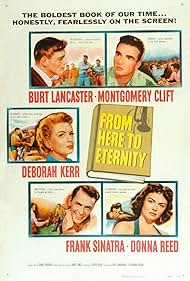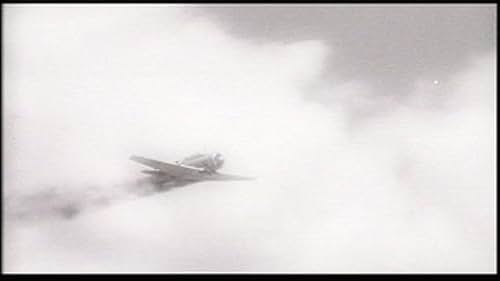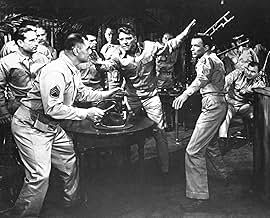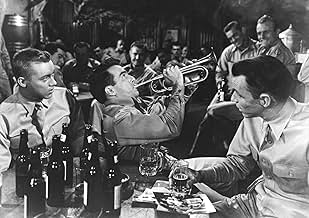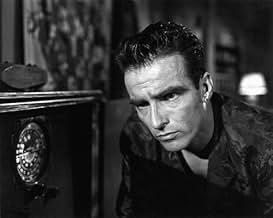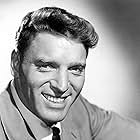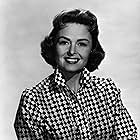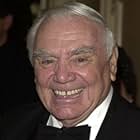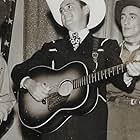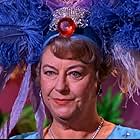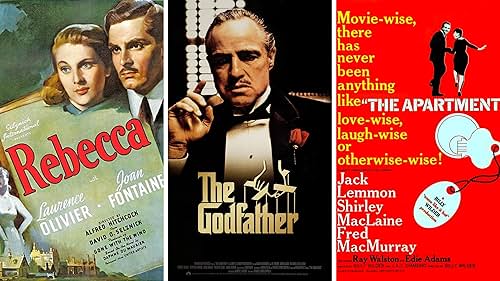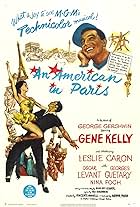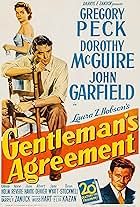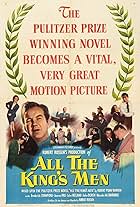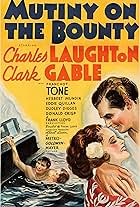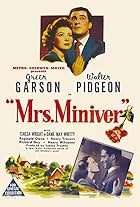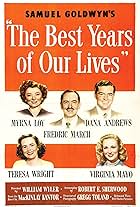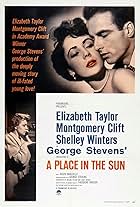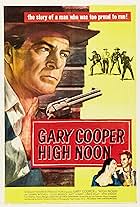Classic 50's Hollywood feature documenting the lives and times of the US Army personnel in Hawaii leading up to the Japanese air attack on the Pearl Harbour naval base which precipitated the US entry into the second world war. Shot in black and white by Fred Zinnemann to emphasise the war-time setting, the drama is peopled with convincingly realistic characters with a credible, episodic narrative edging ever closer to the pivotal date of December 7th.
Multiple plot lines are skilfully interwoven until their climactic convergence at the end aided by top acting from a superb cast. The dramatic thread to the film is Montgomery Clift's Prewett character and his relationships with the characters played by Burt Lancaster, the firm but fair sergeant himself drawn into a sexually charged relationship with his superior officer captain's disaffected wife, played against type by Deborah Kerr, Donna Reed as the "hostess" he falls in love with and especially Frank Sinatra's rascally but likeable and always supportive Maggio.
Sinatra famously begged for the chance to show his acting skill in a straight role to reignite his career and duly given the chance, he grabs it with both hands. Lancaster and Kerr fire up the screen in their doomed relationship, especially in the famous scene by the crashing waves, Reed plays her part with admirable restraint but Clift's acting exceeds them all, whether in his reluctant fight scenes, blowing a bugle like Satchmo or playing a drunk after he's exacted revenge on Maggio's tormentor, played memorably by the recently deceased Ernst Borgnine.
The action climax as the Japanese attack is thrillingly portrayed especially the high camera shots, although I would question the too obvious and thus jarring insertion of real footage of the actual attack.
Controversial in its day for its unblinkingly honest depiction of the US army, it can be seen now as one of the best films of the 50's, a master class in dramatic narrative and character acting.
